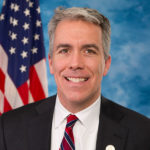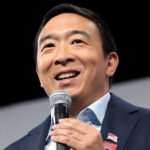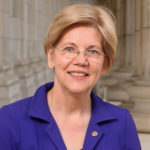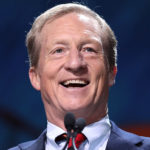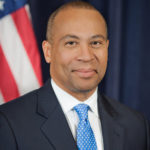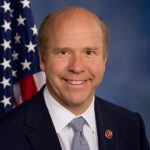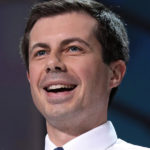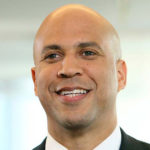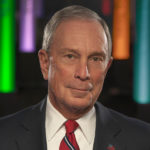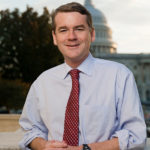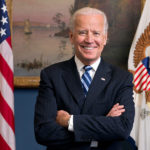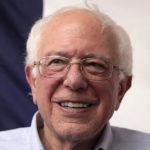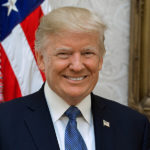The Need For A Robust Economy
With economic growth at an all-time low, everybody’s asking questions about the next economic strategy. Many people are pretty apprehensive about the traditional conservative policies pursued by Trump, such as the 2017 Tax Cuts and Jobs Act. In contrast, the Democratic presidential candidates are pushing for the expansion of the social safety net, starting with healthcare.
The Democrats have also proposed radical economic plans such as tax breaks, loan forgiveness, direct spending by stating these plans can be funded by increasing the tax rate on the wealthiest Americans. Trump and the Democrats both plan to invest more in infrastructure. Let’s review the stances of some presidential candidates on the economy.
Former Vice President Joe Biden has been focusing on the plan of inclusivity. He has customized developmental plans for all. For instance, he proposes two years of debt-free community college or an equivalent training program. His proposals also go on to support elderly citizens and rural America. Sen. Michael Bennet has a different economic strategy centered around regional opportunity compacts. His goal is to align companies, schools, and job training efforts better.
Sen. Bernie Sanders perhaps has one of the most comprehensive labor and economic policy proposals. He has touted a federal jobs guarantee, a Right to Work ban, and greater protections for unions, pensions, and striking workers. Billionaire philanthropist Tom Steyer has proposed implementing five new constitutional rights: the rights to healthcare, clean air and water, a livable wage, an equal vote, and a quality education. He also supports a national $15 per hour minimum wage and an expanded earned income tax credit system.
Sen. Warren has the most extensively laid out economic strategy in this year’s electoral race. She has proposed funneling $7 billion in funding to certain minority entrepreneurs; mandating that large corporations allow workers to elect at least 40% of their corporate boards; splitting up large banks, technology companies, and farming outfits; permitting certain paid graduate students the opportunity to unionize and introducing a 21st Century Glass-Steagall Act to better separate commercial and investment banking practices.
Conclusion
Amidst a wide range of trending social and political issues, a slumping economy is definitely heartburn for many as it faces a growing employment crisis. The ongoing trade war with China has worsened the state of the economy, and everybody seems to wait for more investors to knock at their doors.



